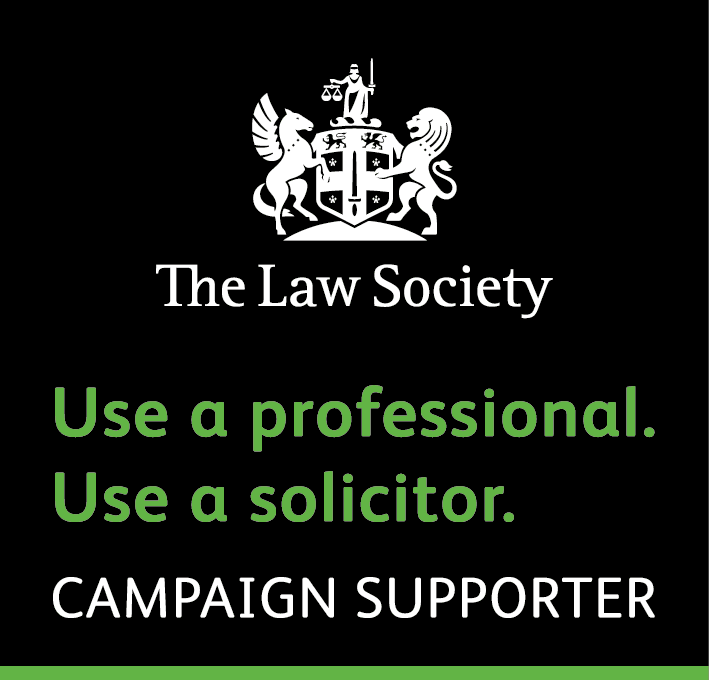Services
Why understanding the 2 years service rule is crucial for employees
We are often asked why 2 years’ service is important when considering the terms of a settlement agreement.
The amount of continuous service (the amount of time) you have worked for your employer is crucial to the types of claims you can make against your employer in the employment tribunal. Your employer will be aware of this hurdle and most likely will be using it against you particularly if you have less than 2 years’ service. If you have over 2 years’ service this will
Claims which require at least 2 years service
Generally speaking, an employee will require at least 2 years’ service to bring an unfair dismissal claim or a constructive dismissal claim. This is commonly known as the ‘qualifying period’ or the ‘2-year rule’.
It is important to recognise however there are exceptions to the general 2-year rule, where a number of claims can be brought irrespective of the amount of service, whether that be 1 day or 8 years. The principal reasons are because the dismissal or resignation may involve:
- Automatic unfair dismissal
- Unlawful discrimination
- A breach of contract
Automatic unfair dismissal
If you have less than 2 years’ service your dismissal may well be automatically unfair which requires no minimum term of service. This is because the law provides employees with crucial protection if they are dismissed in certain circumstances where the dismissal violates your basic employment rights.
There are around 60 different grounds upon which an employee can claim automatically unfair dismissal. The common ones include dismissals related to:
- Whistle blowing;
- Not being paid the National Minimum Wage;
- Raising health & safety breaches;
- Flexible working requests;
If your dismissal is automatically unfair your employer will not be able to defend any claim and any reasoning behind the dismissal will not assist them to justify their decision. The dismissal will still be unfair even if the employer can show a fair process was followed leading up to the dismissal. If you bring a claim for automatic unfair dismissal they employment tribunal can make an award for the following:
- Reinstatement of your job
- Compensation
Unlawful Discrimination
Unlawful discrimination means treating someone badly, or less favourably than others, on the basis of certain personal attributes. There are nine attributes which are protected by UK law set out in the Equality Act 2010. They are often referred to as ‘protected characteristics’.
The protected characteristics are
- disability
- race, nationality or ethnic / national origins
- religion or belief
- sexual orientation
- age
- sex / gender
- marital status (including civil partnership)
- pregnancy and maternity
- gender reassignment
If you are dismissed by your employer for a reason related to one or more of the protected character above, could amount to unlawful discrimination and could also be automatically unfair dismissal. If you bring a claim for automatic unfair dismissal, they employment tribunal can make an award for the following:
- Basic award
- Loss of earnings
- Injury to feelings award
There is no cap of the level of compensation you can be awarded in the Employment Tribunal if you successfully bring an unlawful discrimination claim.
Breach of your Contract
If an employer does not honour their obligations under the terms of your employment contract this is a breach of contract. Any dismissal on the back of a breach of contract will be automatically unfair. Classic examples include:
- Not being paid;
- Not being paid for notice
- Not being paid for untaken holidays
- Unreasonable changes to your contract
Your employer may also be in breach if the staff handbook forms part of your employment contract. In such circumstances if policies or procedures are set out in the handbook and are relevant to your dismissal such as disciplinary, grievance or redundancies procedures, if they are followed by your employer this may be a breach of contract.

Solicitor Call Back
Request a FREE no obligation consultation with a solicitor by completing the form below
You can learn more about how we handle your personal data by viewing our Privacy Policy
Ready to speak to an employment law expert?
What makes SA Solicitors different ...
Common settlement agreement issues our solicitors deal with ...
> Counter Offers
> Negotiating Tactics
> Termination Payments
> Compensation Payments
> Grievance Issues
> Notice Pay
> Tax Payments
> Furlough Advice
> Discrimination
> Constructive Dismissal
> Unfair Dismissal
> Redundancy
> Bullying & Harassment
> Sick Absence
> Disciplinary Proceedings
> Capability Arguments





